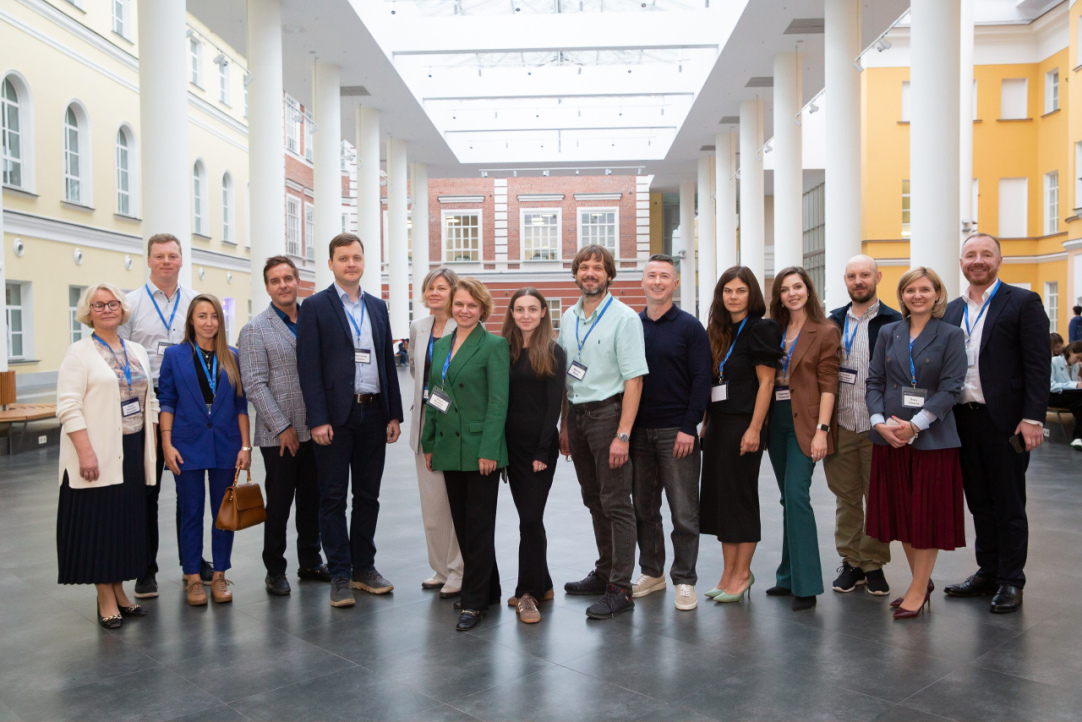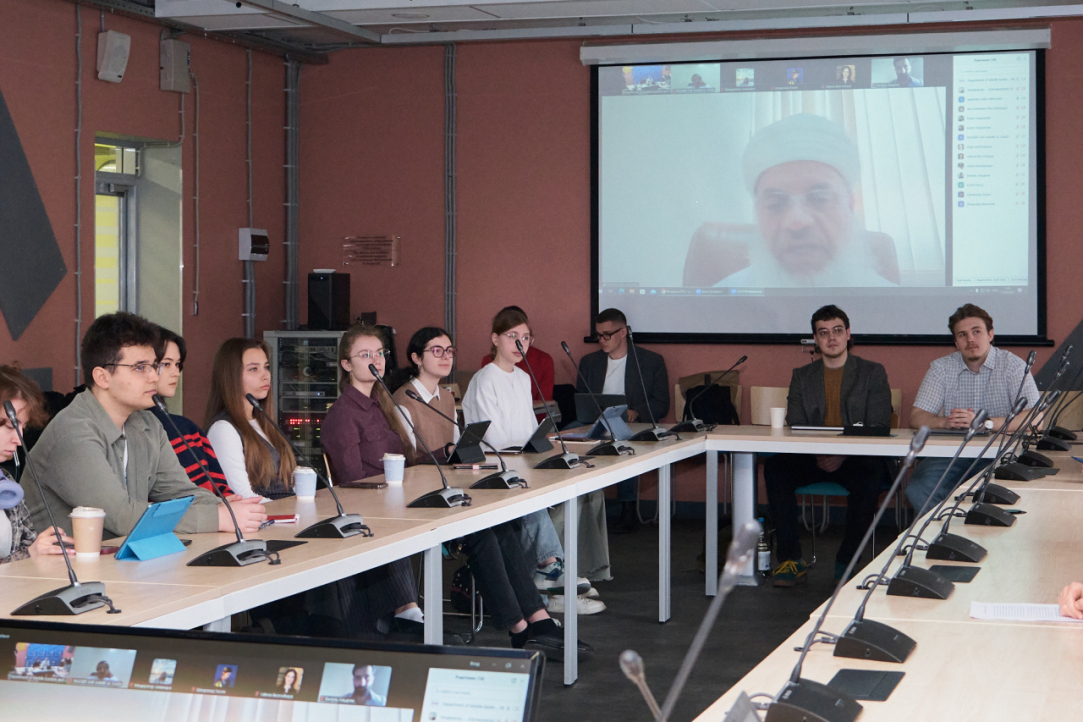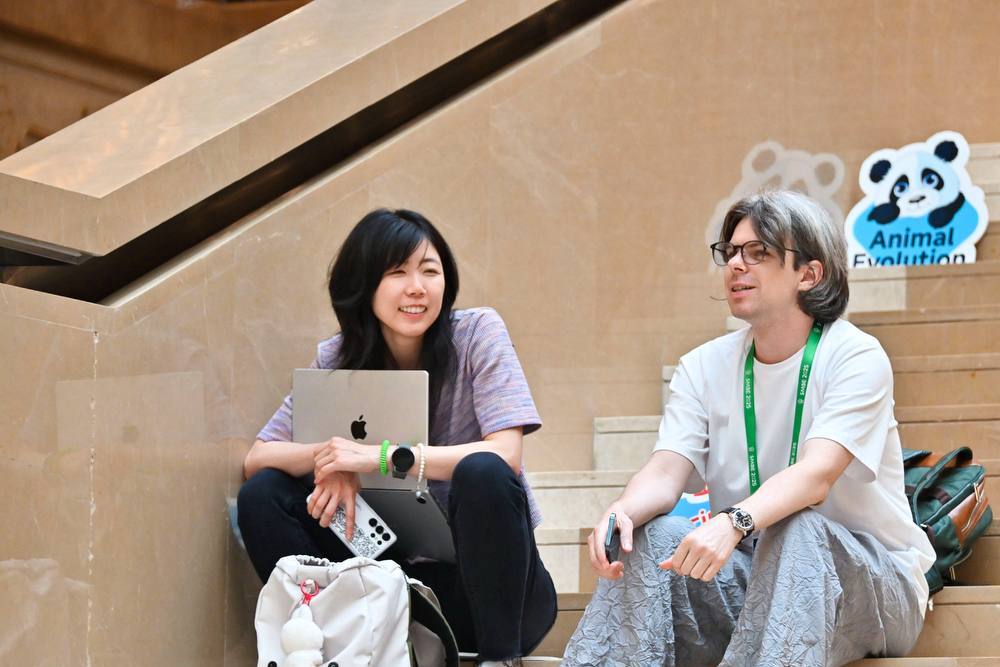The autumn school of the HSE Endowment Fund’s Donors Club has taken place at HSE’s Pokrovsky Bulvar campus. The event brought together alumni, as well as winners and nominees of the HSE Outstanding Alumni Award. The two-day programme was packed with lectures, workshops, and discussions on leadership, the marketing of the future, conflict management, and the use of artificial intelligence in business.
















